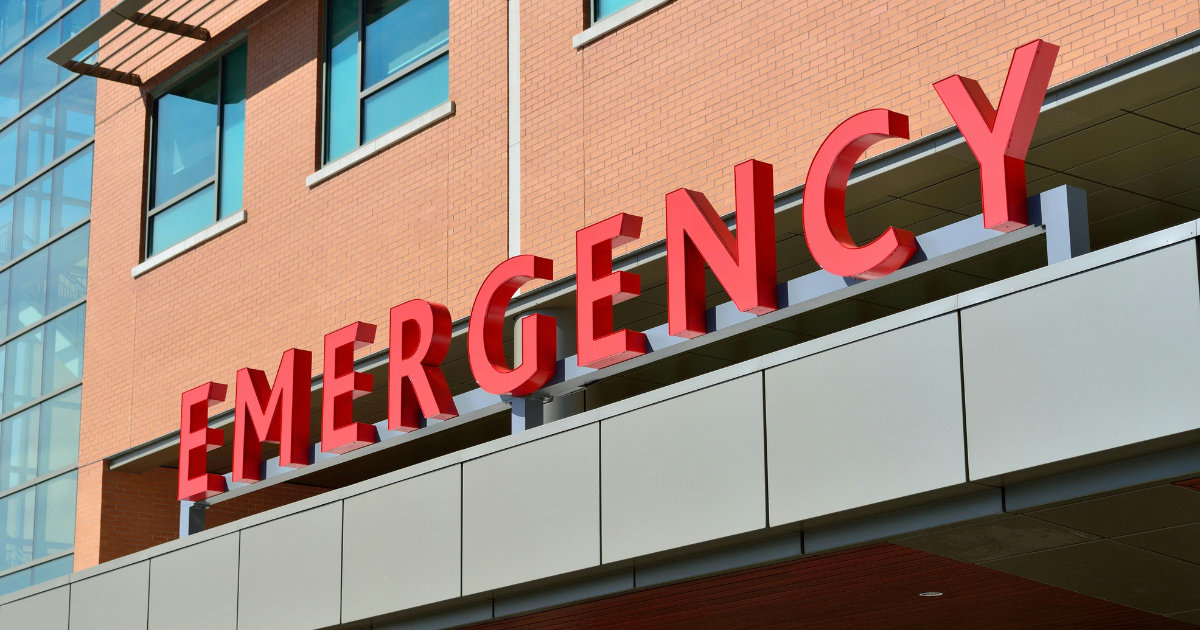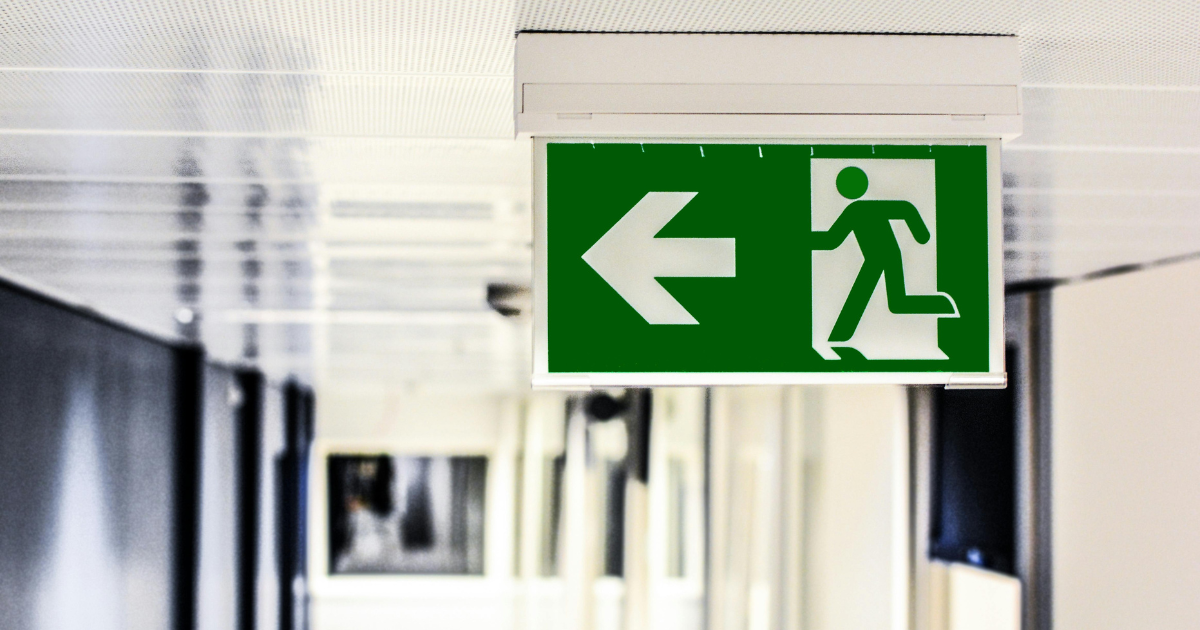Mental health emergencies can be overwhelming, not only for the person experiencing them but also for those around them. A mental health crisis can occur suddenly, triggered by emotional distress, traumatic events, or underlying mental health conditions. Understanding crisis intervention is essential for providing the right support during these critical moments.
The goal is to stabilize the situation, offer reassurance, and connect individuals with emergency mental health services that can help them recover. Whether you’re a mental health professional, a first responder, or simply someone who wants to be prepared, knowing how to handle a crisis can make a significant difference in someone’s life.
What Is Crisis Intervention?
Crisis intervention is an immediate and short-term response to individuals experiencing severe emotional distress. It is designed to prevent further escalation, reduce the intensity of the crisis, and help the individual regain a sense of stability. Unlike traditional therapy, which focuses on long-term mental health management, crisis intervention addresses the urgent needs of a person in distress.
Various factors, including traumatic experiences, severe anxiety, suicidal ideation, or a sudden loss, can trigger a mental health crisis. The role of crisis management is to assess the severity of the situation and implement intervention strategies that help the individual regain emotional control. Professional crisis counseling techniques and emergency counseling services are often necessary to guide individuals toward recovery.
Mental Health Center of San Diego
Recognizing a Mental Health Crisis
Identifying the signs of a mental health crisis is the first step in providing effective support. A crisis can manifest differently, depending on the individual and the situation. Some people may experience an acute stress reaction, which can include overwhelming fear, panic, emotional numbness, or an inability to communicate. Others may show signs of extreme distress, such as uncontrollable crying, withdrawal from loved ones, or aggressive behavior.
Common Triggers of a Mental Health Crisis
There are many triggers that can lead to a mental health crisis. Traumatic events such as physical or emotional abuse, accidents, or witnessing violence can cause immediate psychological distress. Stressful life changes, such as financial hardship, job loss, or the sudden death of a loved one, can also contribute to emotional instability. For some individuals, untreated mental health conditions or substance abuse can increase their vulnerability to crises. Recognizing these triggers early can help prevent the situation from worsening.

Key Crisis Intervention Techniques
When responding to a mental health crisis, it is important to use structured intervention strategies that focus on de-escalation and support. One of the most widely used approaches is psychological first aid (PFA), which helps individuals cope with immediate distress while ensuring their safety. This approach involves active listening, providing reassurance, and connecting the individual with appropriate resources.
The Five Steps of Crisis Intervention
Another effective method is following the five steps of crisis intervention:
- Assessing the Situation. Determine the severity of the crisis, including risks like suicidal thoughts or harm to others.
- Establishing Rapport. Build trust and show empathy to create a supportive environment.
- Identifying the Core Issue. Understand what triggered the crisis to provide targeted crisis counseling techniques.
- Exploring Solutions. Guide the individual toward coping strategies to improve their emotional state.
- Developing an Action Plan. Ensure ongoing support through emergency counseling, community resources, or personal networks.
Identifying the core issue is essential for understanding what triggered the crisis, allowing for a targeted intervention. Once the issue is recognized, exploring possible solutions helps guide the individual toward coping strategies that can improve their emotional state. Finally, developing an action plan ensures that the person receives ongoing support, whether through professional crisis counseling techniques, community resources, or personal support networks.
The Role of Crisis Hotlines and Emergency Counseling
A crisis hotline serves as an essential resource for individuals facing a mental health crisis. These hotlines provide immediate, confidential support for those in distress and can connect them to emergency mental health services. Crisis hotlines are staffed by trained professionals who can assess the severity of a situation and offer guidance on the next steps. They provide a safe space for individuals to express their feelings and seek help without fear of judgment.
Role of Emergency Counseling in Crisis Intervention
Emergency counseling services play a crucial role in crisis intervention by offering immediate psychological support. These services are often provided in hospitals, mental health clinics, or community outreach programs. Professional counselors and therapists use specialized crisis counseling techniques to help individuals process their emotions and develop strategies for coping with distress. In severe cases, hospitalization or inpatient care may be necessary to ensure the person’s safety.
Suicide Prevention and Immediate Support Strategies
One of the most critical aspects of crisis intervention is suicide prevention. Suicidal thoughts can arise from overwhelming stress, depression, or feelings of hopelessness. Recognizing the warning signs is essential in preventing a tragic outcome. A person contemplating suicide may express feelings of worthlessness, withdraw from social interactions, or give away personal belongings as a sign of saying goodbye.
The Need for Immediate Intervention
When someone is experiencing suicidal thoughts, immediate intervention is necessary. Encouraging open communication and providing reassurance can help the person feel heard and supported. It is important to take their words seriously and avoid dismissing their feelings. Reaching out to a crisis hotline or seeking emergency mental health services can provide the necessary professional support to ensure their safety.
The Role of Crisis Response Teams
A crisis response team is often deployed in situations where an individual is at risk of harming themselves or others. These teams consist of mental health professionals who specialize in trauma response and crisis management. They conduct on-site assessments, provide stabilization techniques, and connect individuals with appropriate treatment options. Their presence ensures that those in crisis receive immediate, specialized care.

Mental Health Center of San Diego
How to Help Someone in Crisis
Supporting a loved one during a mental health crisis requires patience, empathy, and a willingness to listen. When someone is in distress, remaining calm and offering a reassuring presence can help de-escalate the situation. Encouraging them to talk about their feelings without fear of judgment creates a safe space for them to express their emotions.
Encouraging Professional Help
Providing guidance on seeking professional help is an important step. Suggesting emergency counseling or connecting them with a crisis response team can help them access the care they need. If the person is resistant to seeking help, gently reminding them that they are not alone and that support is available can be beneficial.
The Importance of Follow-Up Support
Following up after the crisis is equally important. Checking in regularly and offering continued support can help prevent future crises and ensure that the individual remains connected to mental health resources.
The Importance of Professional Crisis Counseling
While immediate support from friends and family is valuable, professional crisis counseling techniques offer structured and specialized care. Licensed mental health professionals are trained in intervention strategies that address both the emotional and psychological aspects of a crisis. They help individuals develop coping mechanisms, process their trauma, and build resilience for future challenges.
Emergency mental health services provide critical assistance to those experiencing severe distress. Whether through inpatient care, outpatient therapy, or community support programs, these services ensure that individuals receive the appropriate level of care for their needs. Accessing professional help can significantly improve mental well-being and prevent further emotional turmoil.
Get the Help You Need at the Mental Health Center of San Diego
If you or someone you know is facing a mental health crisis, the Mental Health Center of San Diego is here to help. With a dedicated team of professionals specializing in crisis intervention, suicide prevention, and trauma response, we provide compassionate care tailored to each individual’s needs. Our services include emergency counseling, crisis response team support, and access to psychological first aid to ensure that no one faces their crisis alone.
Seeking help is a courageous step toward healing. If you need immediate assistance, reach out to a crisis hotline or schedule a consultation with one of our mental health professionals. Your well-being matters and support is just a call away.
FAQs
What is crisis intervention?
Crisis intervention is immediate support for individuals in a mental health crisis, focusing on stabilization, distress reduction, and emergency counseling.
What are the five techniques of crisis intervention?
- Ensure Safety
- Build Rapport
- Identify the Problem
- Provide Support
- Develop a Plan
What qualifies as a mental health crisis?
A mental health crisis involves extreme distress, suicidal thoughts, or an acute stress reaction, often triggered by trauma, grief, or substance abuse.
What are the five steps for dealing with a crisis?
- Assess the Situation
- Listen with Empathy
- Provide Immediate Help
- Encourage Coping
- Ensure Follow-Up
Mental Health Center of San Diego
How can emergency mental health services help?
They offer crisis intervention, suicide prevention, and professional crisis counseling techniques to ensure safety and recovery.









